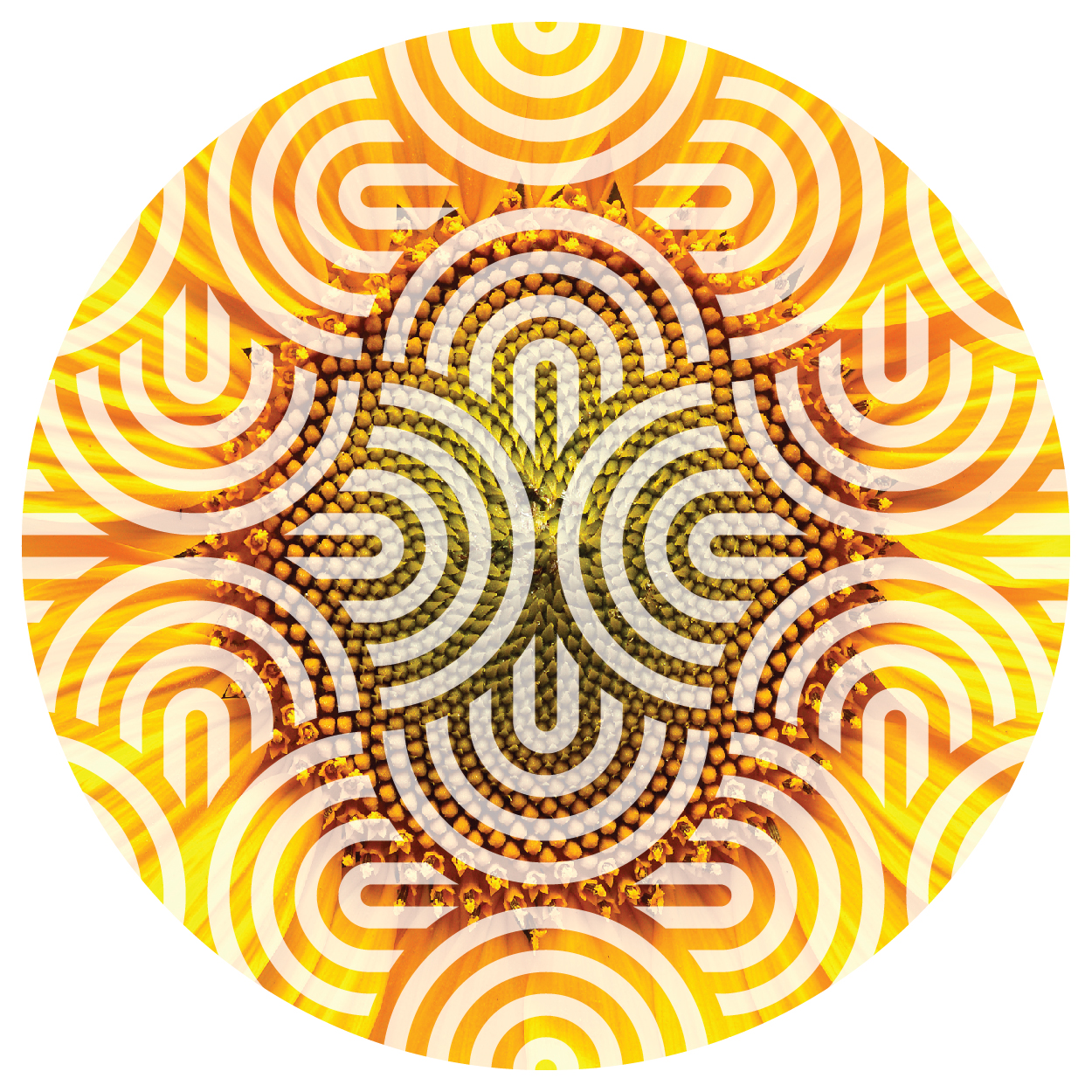
The Integral Education
Panel on Ecological and
Cosmological Education
A culture always creates a holistic vision of cosmos, community, and self. Through symbol and story, a narrative comes together that tells us how we came to be and how we belong. The context for this vision changes, but the holistic nature of it does not. The scope of this vision may be smaller, but it is always a vision for the entire cosmos. This is how worlds are made.
Each vision is, as long as it is fully developed and integrated into the culture, equally accurate, holistic, and cosmic.
But wait, you might ask, how is the vision of an uncontacted tribe in the amazon or an isolated island in the Pacific as all-encompassing as the 13.7 billion-year vision of modern science?
Let’s begin with the notion of “accuracy”. The best measure of a cosmology’s “accuracy” (I use the scare quotes because we such language reflects the overvaluing of the quantitative in our culture, and a standard that is poorly applied to other cultures) is in how it helps to cultivate meaningful, sustainable relationships in its context. The context is the whole. For an uncontacted Amazonian tribe, their context is the area of the forest in which they live. There is a story that tells them their place in that story and, if it is a functioning culture, how they can live meaningful, ordered, and sustainable lives. For most of human history, the context for cultural narratives would have been fairly similar to those of the uncontacted Amazonians.
The paradox that lies at the heart of religion and nature – and this is the question we are indeed grappling with right now – is how to retain a sense of our connection to the world around us, the world we can touch and feel and taste and also to the world, the planet, as a whole. This is, in many ways, the challenge that climate change has presented us with. Our cosmos is the planet now, and we must consider the spaces in which we teach and learn and grow together are metaphors for the Earth as a whole.
So the aim is to bring forth a narrative, a set of symbols, that give rise to sense of the planet as a whole as our basic context – our home. In other words, in the broadening of our world, those of us who have abandoned indigenous cosmologies for cosmologies of dualism (imagining of our interior, spiritual lives to be separate from the world) or loneliness now must uncover a cosmology in which the Earth as a whole is the context for our process of discovery.
Reimagining the Classroom
– By Theodore Richards
Guest Bios
Missy Lahren has worked as an environmental activist and public interest lawyer in the San Francisco Bay Area since 1993. More recently, she shifted her focus and embarked on a M.Ed. in “Integral Education” and a Ph.D. in “Philosophy and Religion” both of which centered on the emerging field of “ecozoic education.” Her masters constructed a middle school curriculum on systems theory while her dissertation focused on a curriculum for Earth Day. Currently, she is weaving law, education, and philosophy together to help expand enforceable human and ecological rights as a board member for three non-profits: Planetary Advocates, Eleanor Lives, and the Earth Law Center.
Sam King is Project Manager for Journey of the Universe and a Research Associate with the Yale Forum on Religion and Ecology. A former teacher in Peru, Sri Lanka, and Connecticut, he recently completed a Master of Arts in Religion and Ecology at Yale Divinity School with a certificate in Educational Leadership and Ministry. Sam is passionate about how the New Story of cosmic evolution can help inspire the transition to a more just and sustainable world.
Karie Crisp Vazquez spent a decade working on corporate sustainability initiatives in food, product supply chains, and women’s economic empowerment. In 2018, she stepped away from that field and began a learning journey to understand the lineage of human thought that brought the Earth community to ecological imbalance. Through that experience she discovered the bioregional movement and began a PhD program at California Institute of Integral Studies to research the subject. Karie holds a BA in Sociology from the University of North Carolina-Asheville and has an MBA in Sustainable Business Management from Presidio Graduate School. She lives in the San Francisco Bay Area with her family and is dedicated to impacting deep structural change and instigating ecological culture.
Bryan Pannill teaches high school English in St. Louis. He’s passionate about the way that language and literature influence the worlds we construct and imagine – and how building a new future requires first imagining and telling new stories. He’s also passionate about Jungian depth psychology and its intersections with literature, ecology, religion, and architecture.
Matt Switzer is a researcher, former middle and high school teacher, and current doctoral student focused on philosophy, ecology, and religion. He is a current board member and liaison to activists for the Peace and Justice Studies Association, and a consultant for his local Jung Institute. He currently volunteers at the library and with the national park service.